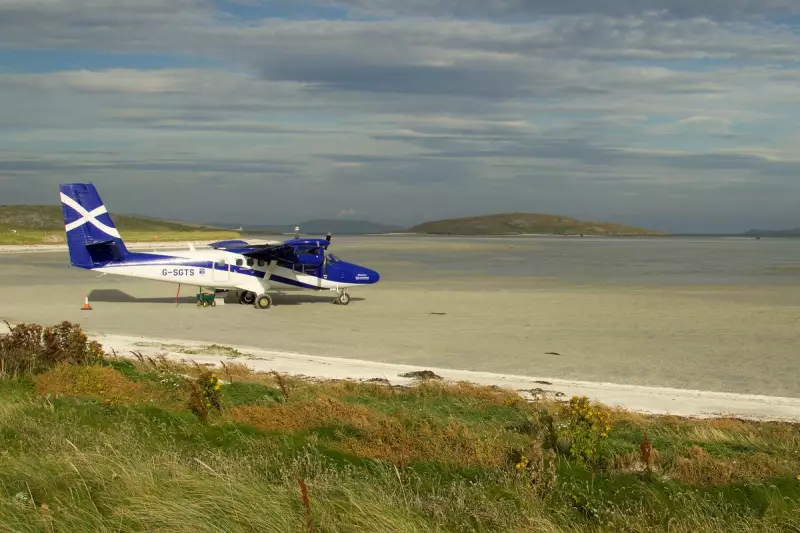
Chancellor Rachel Reeves has confirmed significant increases to Air Passenger Duty (APD), with the flight tax set to rise on 1 April 2026 and again in 2027. The move will see a family of four flying premium economy to long-haul destinations like Orlando facing a tax bill of over £1,000 by the summer of 2027.
What is Air Passenger Duty and why is it rising?
Air Passenger Duty is a tax levied on passengers aged 16 and over flying from most UK airports. First introduced by Conservative Chancellor Kenneth Clarke in 1994, it was designed to address the anomaly of aviation fuel being untaxed compared to other transport fuels.
APD is often described as a 'perfect tax' by politicians because it is difficult to avoid and easy to collect, with airlines handling the administration and sending payments directly to the Treasury. The upcoming increases include an above-inflation rise from 1 April 2026, followed by a rise in line with the Retail Prices Index a year later.
How much will you pay? The new APD rates explained
The tax is calculated based on your final destination and class of travel, with higher rates for anything beyond basic economy. From 1 April 2025, the rates are:
UK domestic: £7 (basic economy) or £14 (other classes)
Band A (Europe and nearby destinations): £13 or £28
Band B (medium-haul): £90 or £216
Band C (long-haul): £94 or £224
The increases will push these rates higher in both 2026 and 2027. For the first time in 2027, APD will include pence amounts, such as £8.26 for UK domestic flights in basic economy.
Legitimate ways to reduce or avoid APD
Several legal methods exist to minimise your APD liability:
Fly from airports in the Scottish Highlands and Islands Region, including Inverness, which are completely exempt from APD. Remarkably, this exemption applies even if you're connecting to a long-haul flight from London.
Consider the 'Dublin Dodge' for US travel: fly to Dublin on a budget airline, then take a separate, APD-free transatlantic flight, completing US immigration formalities in Ireland.
Build a stopover of 24 hours or more at your connecting point. Airlines should automatically charge the lower Band A rate for the European leg, potentially saving you £77 in the 2025-26 tax year.
Travel from Northern Ireland, where long-haul flights from Belfast are also APD-free, though options are limited.
How to claim an APD refund if you don't travel
If your flight plans change, you may be entitled to an APD refund, but airline policies vary significantly:
EasyJet offers straightforward refunds through their customer service team, with a dedicated 'Government Tax Refund' option on their contact form.
British Airways allows claims through their online refund portal, though they may deduct a 'reasonable service charge'.
Ryanair has an online portal but charges a £20 administration fee per passenger, making claims for European APD rates pointless.
Virgin Atlantic charges up to £30 per passenger in administration fees, but with long-haul APD being significantly higher, claims are often worthwhile.
Wizz Air maintains that all taxes are non-refundable, contrary to standard industry practice.
With APD set to become an increasingly significant part of holiday costs, understanding these rules and exemptions could save British travellers hundreds of pounds on future trips.





